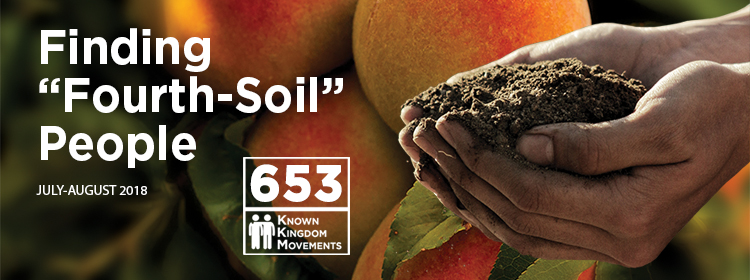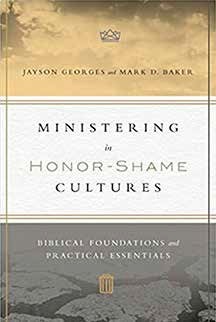 Other
OtherOur Organic Gospel and Kingdom: God Intends for Us to Multiply
This has never happened before. For the first time in our history we are giving over the entire theme section of MF to a single author, Kevin Greeson. We have done so because of the tremendous insights Kevin provides into understanding Jesus’ Parable of the Sower and its implications for fostering movements. Kevin is well known for creating the CAMEL Method for effective outreach to Muslims
Tags: fourth-soil people, fourth-soil person, organic growth








_JesusMO.png)














comments